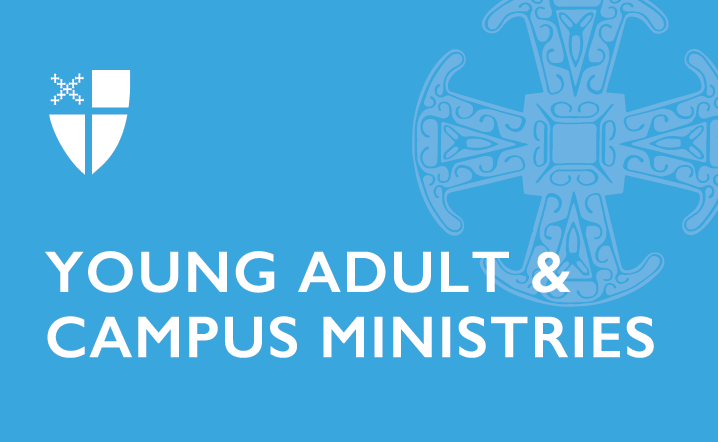Book: People of the Way
“We have unique gifts to contribute to the church and society. What is required is a new kind of posture, one of learning, innovation, experimentation and discovery. Rather than assuming we have everything figured out and under control…we must embrace the identity of learners, even when learning entails failure.”
For those whose bishops have not already recommended the book, People of the Way is a great little volume that might be of special interest to those of us engaged in Young Adult and Campus Ministries. Not only is it a ready-to-go study guide great for small group discussions, but it could easily serve as a powerful tool for leadership development, particularly with eager and bewildered newcomers.
Dwight J. Zscheile provides an intensive and yet not overwhelming introduction to Episcopal polity and identity. He tells our history, explores our theological traditions, and offers compelling frameworks for where we are and where we might be going. But perhaps most helpfully, he offers historical and cultural insight into our quirks, our gifts, and even our dysfunction – and all of this without going so far as offering excuses and letting the rest of us off the hook.
Exploring legacies of establishment and power up through the development of the 1950s suburban church he sheds some light on the baggage many of our parishes unknowingly carry. For a young adult stumbling upon the Episcopal Church and ready to carry forward the Gospel, the idiosyncrasies of our polity can become stumbling blocks to leadership and even turn them off completely. (Why DO we have a committee entirely devoted to washing and pressing linens and why aren’t they letting me use the Advent altar hanging for our welcome table?) The book does an excellent job of holding these realities in tension with the Gospel imperatives that may be calling them into question, equipping a budding leader to challenge the institution while holding its people with care and compassion.
In addition to providing a roadmap to the obstacle course of Episcopal sacred-cows, Zscheile also provides helpful caution to those newcomers (and long time members) who might become a little too enamored of the tradition and lose sight of the Gospel it is meant to convey. In particular, his visions for the priesthood, the laity, the diaconate and the episcopacy could be hugely helpful in helping young world-be priests consider the potential of all of the orders of ministry beyond the current and sometimes fading models.
By deconstructing our rise and fall from National Church-dom, Zscheile opens a space for all Episcopalians (newcomer or not) to imagine a new era in the life of our church, one that doesn’t depend on our access to power or spotlight, but can refocus on being a community of compassion, curiosity, and real relationship, one where we accept the hospitality of the world as often as we host, where we witness the Kingdom present in the world as often as we glimpse it in our worship.
In a time when an unchurched child is more likely to become an active young adult Christian than one raised in a mainline denomination(p35), we must find ways to effectively welcome, invite and equip newcomers for leadership in our church, and Zscheile has provided us a powerful resource in doing so.
Filed under: Books, Leadership

